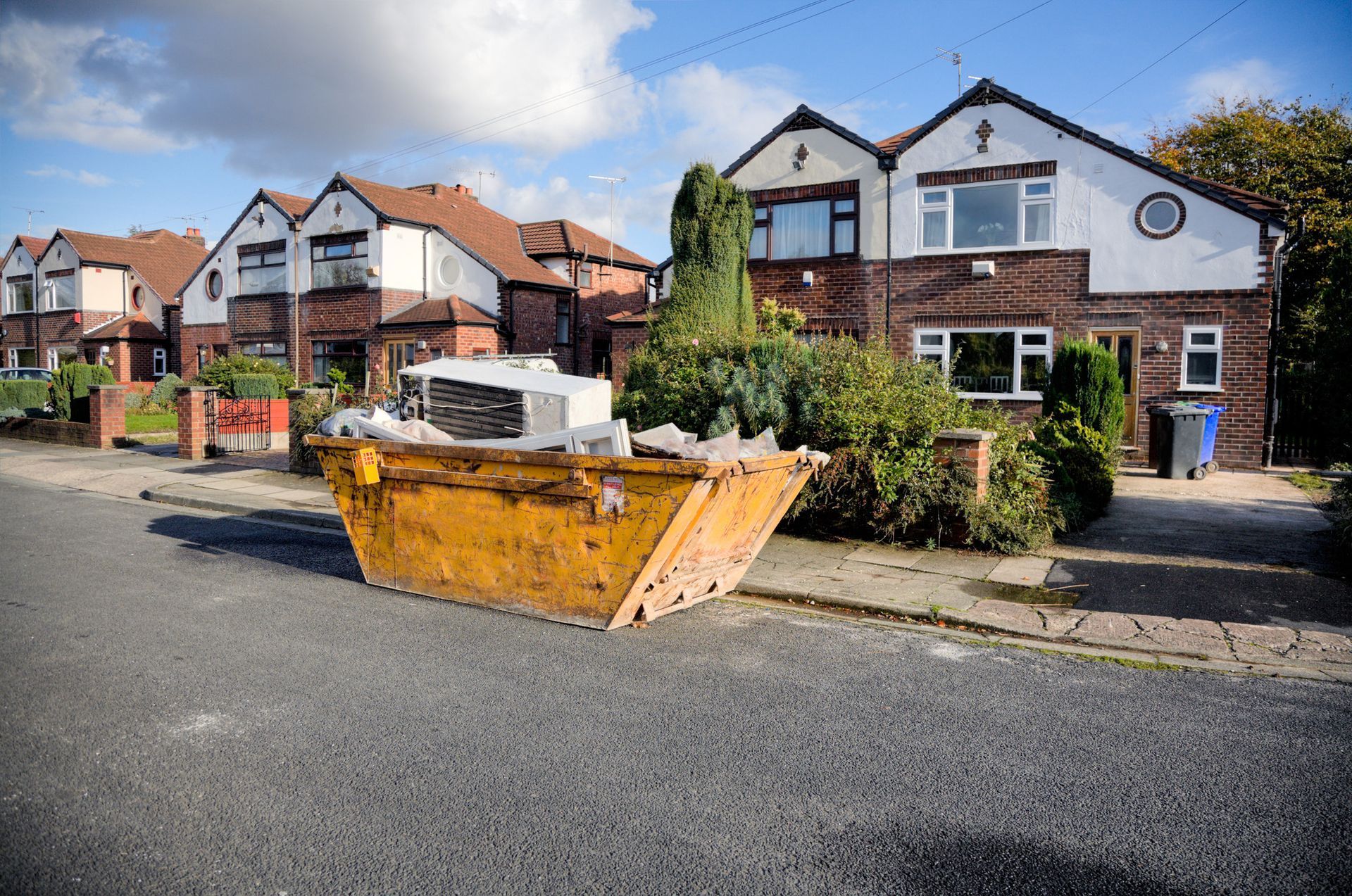Psychic Predicts Sam to Win The Apprentice Based on Her ‘Fearless’ First Episode Body Language

- A celebrity psychic and body language expert has outlined her predictions for season 18 of The Apprentice
- Sam Saadet stood out as the “only adult in the room” and is a clear candidate to win the series
- Asif Munaf, who quickly went viral for his premature boardroom applause, won’t last long according to the experts
Before the first episode of the new series of The Apprentice aired, Lord Sugar was quoted as saying ‘you really can’t tell from first impressions’, but celebrity psychic and body language expert Inbaal Honigman disagrees, tipping Essex-based fitness coach Sam Saadet to take the series by storm.
enlisted the help of Inbaal to carefully analyse each contestant’s body language throughout the first episode to predict who stands tall as a winning candidate, and after just one viewing, “Sam is already a winner”.
Why Could Sam Win The Apprentice?
According to Inbaal, Sam quickly stood out as the “only adult in the room” and the “group’s mother figure”, which is fitting for the mother-of-two. However, her real winning qualities come in the form of self-control and fearless honesty.
“Her self-control is exemplary – she looks ahead without flinching, she doesn’t fidget or play with her hair. Sam’s controlled body language tells us that she’s a resilient person who never shies away from a challenge and always does her best”.
“Her direct, steady gaze marks her out as an honest and fearless lady, as she doesn’t look away even in stressful situations. When Sam was picked to lead a challenge, she did a playful little dance of excitement, which tells us that she’s happy to be there, and is being her true self. This is the kind of exuberance that cannot be faked.”
Who Are Sam’s Biggest Challengers?
It won’t all be a direct walk to the final however, as Inbaal believes Tre, Steve and Onyeka could pose significant challenges. Tre Lowe, the “king of eye contact” came into his own, despite being a quieter figure in the first episode. “Even in his silence he’s an active member of the team, as he leans around to give his full attention to each candidate.
When Lord Sugar is taking the boys’ team to task towards the end of the episode, the time has come for Tre to speak up, and he does so with flair. Direct eye contact, clear and measured words, his body language still and balanced, even in difficult conversations, Tre displays maturity and inner calm”.
London-based management consultant Steve Darken found himself at risk of an early departure, but his “open and honest” body language will help him to shrug that off and go far. Inbaal remarks “when talking, he uses broad, wide arm gestures, palms facing up, which suggest honesty. Steve’s body language marks him out as a quietly confident and effective team member.”
Similarly, Onyeka Nweze “may have had a rough first episode, but her body language is genuine and fearless too, with a direct gaze ahead, and a happy smile. When she’s stressed, she doesn’t hide it, and even her unhappy pout is notable in its honesty. Her authentic air will help her to stay in the game.”
Who Will Get Fired Next?
Due to his body language alone, the writing was already on the wall for Ollie, who came across as “exceedingly nervous, with panicked raised eyebrows and tense face-rubbing”, but a similar trait was also seen in recruitment director Jack, who was “rubbing his nose, which is a sign of nerves. Jack’s body language appears inconsistent when he shakes his head to say ‘no’ when he verbally says yes, which may come across as unreliable”.
However, it was another member of the boys' team that stood out as the prime candidate for an episode two firing. “The biggest inconsistency is Dr. Asif, who tries to appear very confident and secure. He maintains eye contact with others, which appears quite mature at first glance, but when observed over the entire first episode, we see him looking downwards as he speaks, which reveals his insecurity. He’s also seen chewing his lip, which signifies tension, and he slicks his hair back non-stop, which is a preening gesture, meaning he wants people to like him”.
Just How Important is Body Language in Business?
Is body language really that important in a business setting? Isn’t it all about your actions and what you actually say, rather than visual cues? Inbaal believes that it’s actually the foundation for everything and despite what Lord Sugar thinks, is what sets that crucial first impression.
“Body language reflects how you truly feel and indicates who you truly are. It’s a good predictor of who will crack under the pressure and who can take the heat.
People who display stable, honest and fearless body language, such as standing tall, looking straight ahead and smiling, are likely to enjoy challenges and do their best. In business, those are important qualities.
Those whose body language is chaotic and uneven, for example shaking their head when they’re saying yes, or failing to make eye contact with people they talk to, are likely to struggle. Beyond that, any facial expression or body language gesture which displays boredom is a business killer”.
Sarah O’Rafferty at Yell agrees, commenting: “When thinking about business body language, the mind can immediately go to the boardroom and more office-based roles, but this actually resonates across any type of business. Whether you’re a landscape gardener visiting someone to provide a quote or an estate agent showing someone around a property, body language is a huge trust builder and can be the difference between winning work and losing it.
In the modern age, body language isn’t only displayed in a face-to-face setting, business owners need to be mindful of it on video calls, and also any video tutorials that might be present on their websites too. With so many sectors being highly competitive with new businesses launching every day, how your business is presented on your website, social channels, and in that first in-person meeting has never been more crucial”.
To find out more and for tips on how to improve your business’s digital presence, visit:
��������
Yell Ltd exists to connect businesses and consumers via its leading marketplace for local services and offering managed digital marketing helping businesses to find, connect and sell to consumers online. Yell Ltd is a proud Google Premier Partner, Microsoft Advertising Elite Channel Partner, and Meta Business Partner.
Learn more at and our Media Centre
Visit our social media channels: , , ,
Download the free Yell consumer app from the or
Download the free �������� for Business app from the or
For media enquiries, please email:


